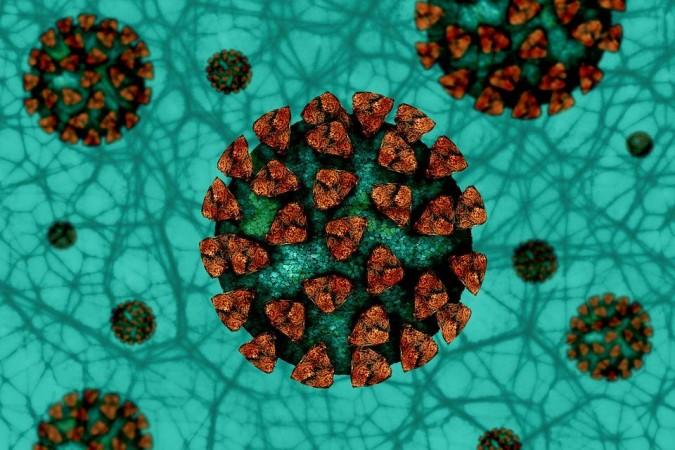It was in India that the B.1.617 variant of coronavirus was initially detected. Classified as the variant of concern by the World Health Organization (WHO), B.1.617 is now found in countries like the United States, United Kingdom, and Singapore. Shockingly, this Covid variant has become the dominant strain in some regions of the country, and medical experts believe that it could increase the number of fresh positive cases.
As of now, researchers have identified three subtypes. known as B.1.617.1 (the 'original' B.1.617), B.1.617.2, and B.1.617.3, and each of these variants has different genetic makeup. Scientists are now trying to understand more about this variant and are comparing these with mutations in earlier variants to shed light on its transmissibility and effects on the immune response.

The transmissibility factor
Initial researches conducted on the B.1.617 variant has clearly hinted that it is more transmissible than other Covid variants. The recent surge in Covid cases in India is a piece of clear evidence that substantiates the fact that this variant is more transmissible.
"I look at individual mutations because they each have individual properties that we think might confer higher transmissibility," said Julian Tang, a consultant virologist at the Leicester Royal Infirmary, UK, Nature reports.
Tang also noted that the B.1.617.2 variant has mutations called 452R and 478K, both linked to higher transmissibility. The expert also revealed that both these mutants have altered the spike protein, which the virus uses to enter the human body.
Are vaccines effective against B.1.617 variant?
Another million-dollar question that has been perplexing medical experts is regarding the efficiency of the coronavirus vaccine against the B.1.617 variant. According to experts, if any of these variants succeeds in evading the immunity offered by the Covid vaccine, it could result in new waves of the pandemic, which may turn deadlier than the initial waves. Potential new outbreaks of the pandemic could also negatively impact plans to relax lockdowns and other restrictions.
Shockingly, B.1.617.1 carries a different mutation called 484Q, which is more strongly associated with vaccine escape. However, this mutation is not found in B.1.617.2. Tang assured that no mutation in any of the B.1.617 variant subtypes is associated with increasing the complexity and severity of the infection.
Sharon Peacock, a microbiologist at the University of Cambridge, UK, who leads the Covid-19 Genomics UK consortium suggested that gathering epidemiological data is very much necessary to answer several questions including the possibility of a coronavirus re-infection after vaccine administration.









